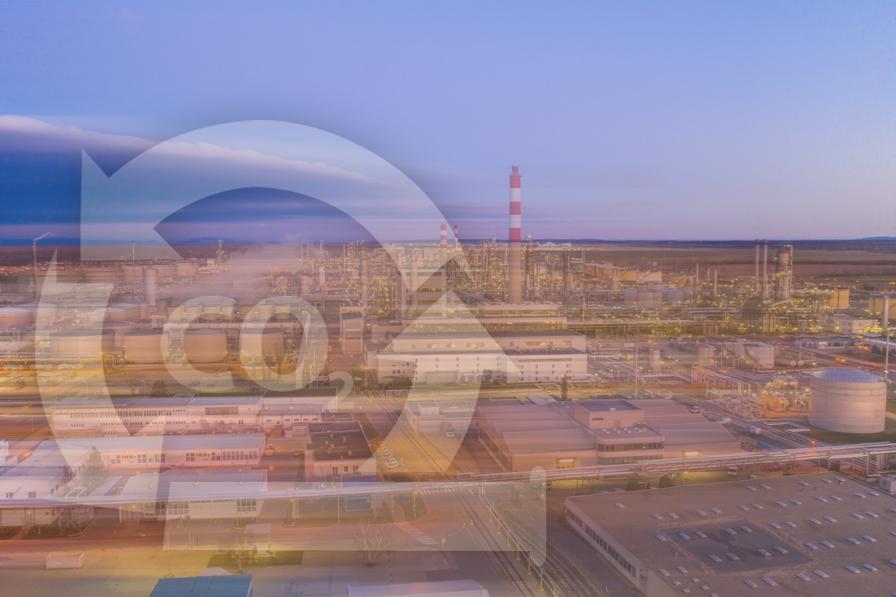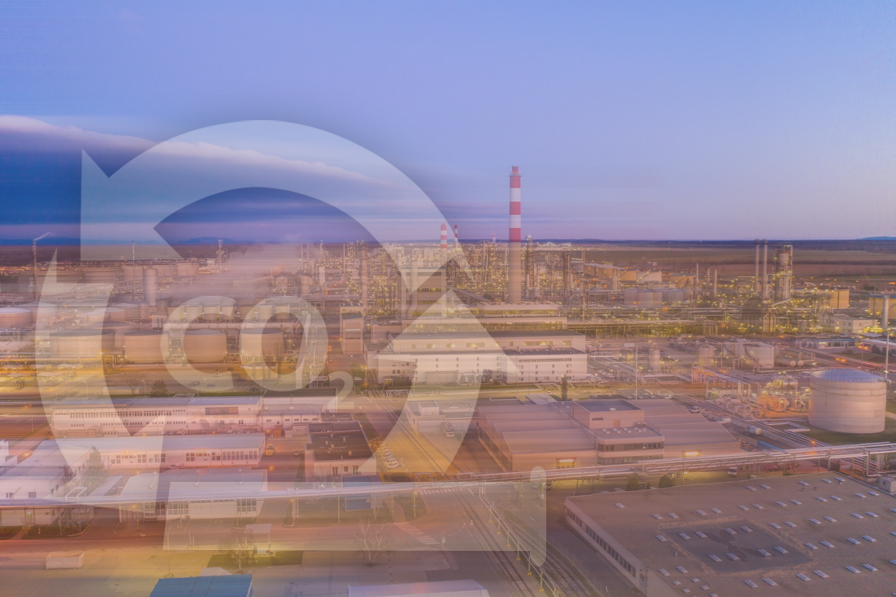Decarbonising industry

GRTgaz, France's main gas transmission system operator, is committed to the energy transition and decarbonising industry. The Dunkirk industrial-port basin is responsible for some 20% of France's industrial emissions. Local bodies, including the Dunkirk urban community and the Dunkirk Grand Port Maritime, have adopted a decarbonisation roadmap, the aim being to achieve net zero by 2050.
Achieving this aim will involve implementing systems for capturing, transporting, storing and making use of CO2. GRTgaz has therefore launched an open season market consultation procedure to confirm the economic utility of pipeline-based CO2 transport infrastructure across the Dunkirk industrial and port area. For GRTgaz, this project is in addition to the carbon-free hydrogen transport network project that it is already operating in the region.
The aim is to have CO2 and hydrogen transport systems, which, alongside the natural gas network, will help decarbonise the regions.
GRTgaz is today launching an open season market consultation procedure to confirm the economic utility of pipeline-based CO2 transport infrastructure across the Dunkirk industrial and port area. It will run until 31 March 2023.
This call for expressions of interest is open to all stakeholders involved in CO2 capture projects, projects to develop plants for using CO2, CO2 storage projects and terminals for exporting CO2 for overseas storage. They are all invited to take part in the first phase of the call for expressions of interest via a un questionnaire dédié.
The call for expressions of interest in the project will involve two phases: an initial non-binding phase (this expression of interest) to confirm requirements and communicate details of the type of infrastructure that needs to be built. A second binding phase to contractually determine the use of the infrastructure with all of the interested stakeholders and decide on the corresponding investments.
Main phases of the consultation procedure

Once needs have been collected at the end of this initial phase, GRTgaz will undertake a feasibility study if there is enough interest to warrant sizing the infrastructure and undertaking an initial assessment of its costs. An expression of interest contract will be signed. This will ensure that any information shared is kept confidential and will specify the reciprocal contractual and financial commitments of the parties for the purposes of undertaking the preliminary infrastructure design studies.
Initial CO2 capture and infrastructure projects are under development in the Dunkirk region – projects that have already been awarded European decarbonisation subsidies. Major CO2 geological storage projects in the North Sea (Netherlands, UK, Norway) are also under development and are accessible via the Dunkirk port façade and maritime facilities. Production plant projects based on the use of CO2 are also under development across the region.
This collective and shared initiative to develop a land-based CO2 transport infrastructure sits alongside the project to develop a hydrogen network that GRTgaz launched on 19 September 2022 across Dunkirk’s industrial-port region. The purpose of the planned network will be for it to be extended so it can connect other emitters to a CO2 activity hub set up in Dunkirk. This way, it will help enhance the appeal and dynamic nature of the region, providing essential infrastructure for industrial decarbonisation projects.
About transporting CO2 and decarbonising industry
France and its manufacturing sector have set decarbonisation targets for 2030 and 2050. Solutions therefore need to be found so that these targets can be met.
Manufacturers have several ways to decarbonise their processes: improve their energy efficiency, opt for carbon-free energy or upgrade their production processes. However, there is still no economically accessible short-term technological solution available.
CO2 capture (a technology that captures the CO2 present in industrial flue gases), transport and storage in adapted geological formations is an interesting additional solution for reaching the targets that have been set as quickly as possible. At the same time, manufacturers are continuing to work on solutions that will decarbonise their production processes in the longer term.
GRTgaz is working on this value chain, developing, building and operating a CO2 transmission network for connecting up industrial capture sites to storage sites and to future CO2 usage sites (such as sites for transforming carbon dioxide into fuel and synthetic methane or materials).
Press contact
To go further

Call for expressions of interest for CO2 Dunkirk
